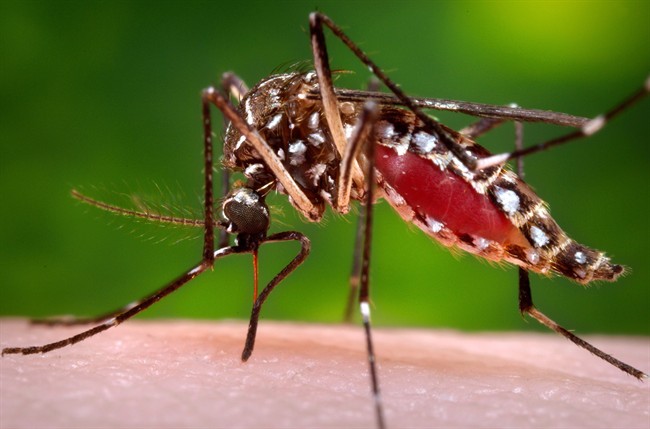Google has announced a new initiative to help fight the spread of the Zika virus, as international health agencies continue to issue warnings about the mosquito-borne virus.

The tech giant announced Thursday it has teamed up with UNICEF to analyse data about the virus to determine how to map and anticipate the virus.
According to a company blog post, a team of Google engineers, designers and data scientists will build a specialized platform to process data from various sources – including weather and travel patterns – to visualize potential outbreaks.
READ MORE: What pregnant women need to know about Zika virus and travel
“As a company whose mission is helping people find information, with a lot of experience in analyzing large sets of data, we’re in a good position to help — at scale and at speed,” read the blog.
“Ultimately, the goal of this open source platform is to identify the risk of Zika transmission for different regions and help UNICEF, governments and NGO’s decide how and where to focus their time and resources.”
Google is also donating US$1 million to UNICEF to help fight the spread of Zika on the ground.
READ MORE: Postpone pregnancy after visiting Zika area, Canadian health officials warn
On Thursday, the Public Health Agency of Canada advised women who want to get pregnant to wait at least two months after visiting countries where the Zika virus is circulating — or could begin circulating — before trying to conceive.
The mosquito-borne virus has been potentially linked in Brazil to thousands of cases of newborns with abnormally small heads. It’s believed mothers may have been infected during pregnancy.
Cases of Zika have reached epidemic levels in that country, most of South America, throughout Central America, parts of Mexico, and much of the Caribbean.
READ MORE: Trip booked to Zika-affected region? Here’s how Canadian airlines will help you
Google said it has seen a 3,000 per cent increase in global search interest in Zika virus since November.
The search engine has also added extensive information about the virus to its results pages – including an overview of the virus, symptoms and public health alerts – in 16 languages to help raise awareness.
– With files from The Canadian Press




Comments